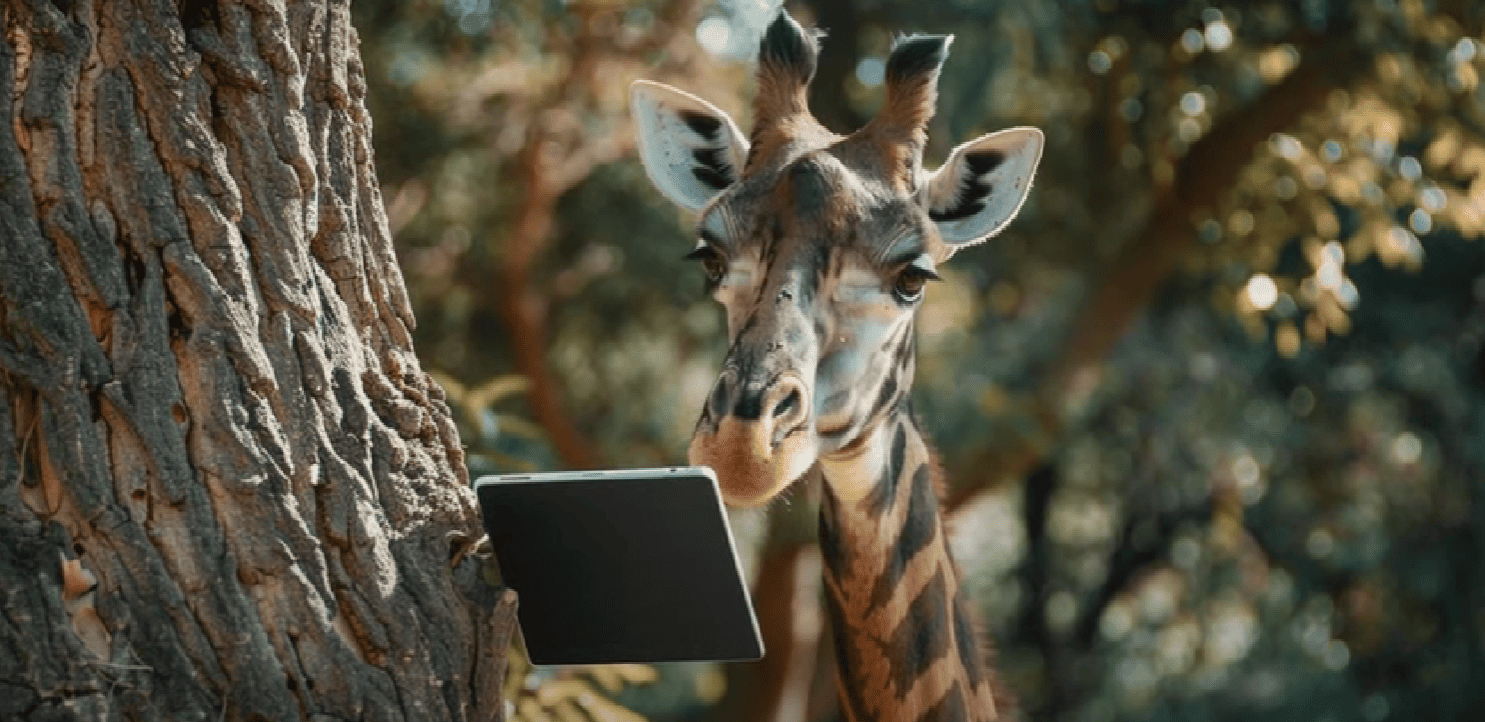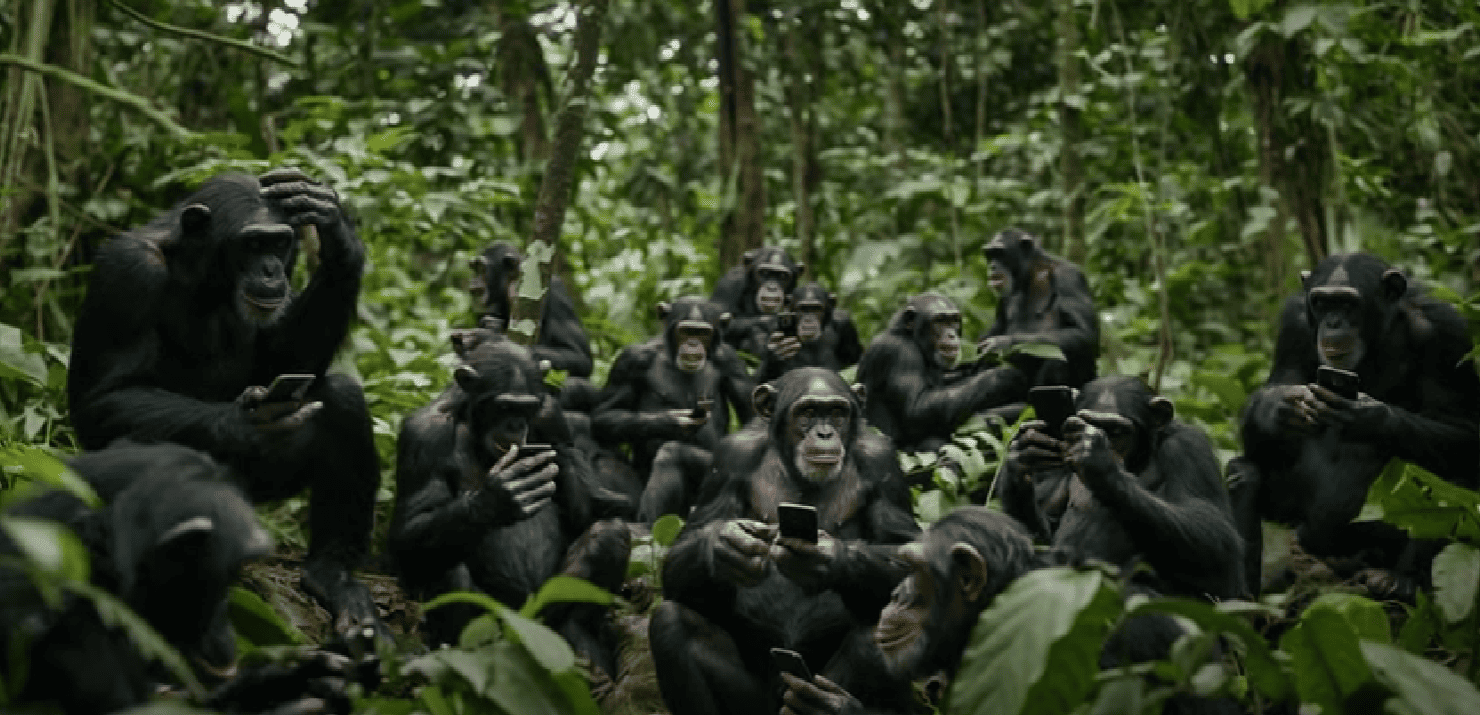Hi,
In a bold move to capture Hollywood’s imagination, Open AI is showcasing its groundbreaking AI tool, Sora, which transforms text prompts into vivid video content. From medieval battle scenes to surreal landscapes populated by AI-generated animals and humans, Sora’s capabilities seem limitless.
 The company has already hosted exclusive screenings of Sora-generated short films in New York and Los Angeles, with Tokyo next on the list, as it seeks to demonstrate the technology’s potential to revolutionize filmmaking.
The company has already hosted exclusive screenings of Sora-generated short films in New York and Los Angeles, with Tokyo next on the list, as it seeks to demonstrate the technology’s potential to revolutionize filmmaking.
The response from the film industry has been a mix of excitement and apprehension. Some filmmakers are diving headfirst into the technology. Ryan Turner, for instance, has embraced Sora to create Wi-Fi Kingdom, a satirical short film depicting animals addicted to smartphones.
The project showcases the creative possibilities of AI, blending humor with cutting-edge visuals in a way that has sparked buzz among early adopters.
 However, not everyone in Hollywood is ready to embrace Sora. Over 400 prominent industry figures, including Ben Stiller, have signed an open letter urging regulators to tighten copyright laws.
However, not everyone in Hollywood is ready to embrace Sora. Over 400 prominent industry figures, including Ben Stiller, have signed an open letter urging regulators to tighten copyright laws.
Their concern? Preventing AI systems like Sora from being trained on their work without permission.
The Writers Guild of America has also taken a firm stance, encouraging legal action against AI companies that use copyrighted content without consent. These creators fear that unchecked AI could undermine their intellectual property and reshape the industry in ways that prioritize technology over human artistry.
Open AI, for its part, insists that Sora is generating tremendous interest. Yet, the company acknowledges that legal uncertainties are creating hesitation. Studio executives and creatives are cautiously exploring Sora, often testing the tool discreetly through personal accounts to avoid public backlash or legal entanglements.
This quiet experimentation reflects the delicate balance between innovation and regulation that the industry is navigating.
 As Sora’s screenings continue to dazzle, the debate over AI’s role in Hollywood intensifies. For every filmmaker like Turner, eager to harness AI’s potential, there are others sounding alarms about its implications.
As Sora’s screenings continue to dazzle, the debate over AI’s role in Hollywood intensifies. For every filmmaker like Turner, eager to harness AI’s potential, there are others sounding alarms about its implications.
With Tokyo’s showcase on the horizon, all eyes are on Open AI to see how it will address these concerns while pushing the boundaries of cinematic storytelling.
One thing is clear: Sora is not just a tool — it’s a catalyst for a broader conversation about the future of creativity in the age of artificial intelligence.
Thank you!
Subscribe to our newsletter! Join us on social networks!
See you!






